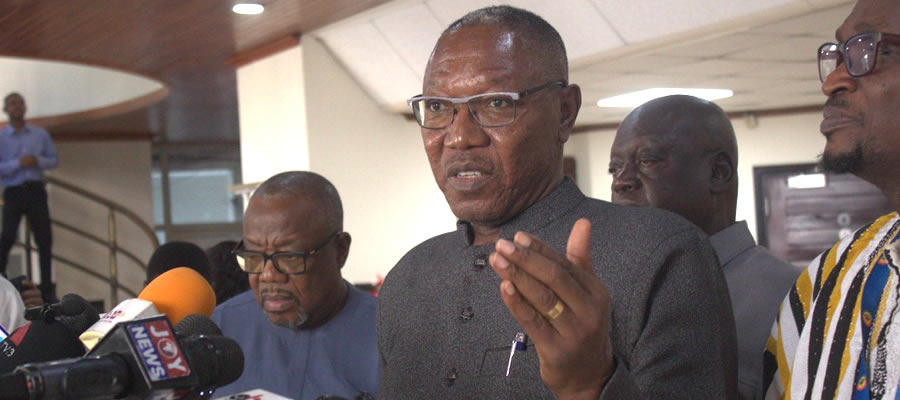

The Traditional Political System
The traditional system is governed by the traditional authority through the chiefs. There are eight divisional chiefs in the district supported by their sub-chiefs known in the local parlance as ‘Kanbon-Naba’.
Social and Cultural Structure
The traditional political system is administered through the chiefs, to the sub-chiefs and finally, subjects. The head of the traditional council is the Sandem-Naba who is the paramount chief of the entire Builsa Traditional Area.
Social Structure
The dominant ethnic group in the district is the Builsa who speak Buli language. However, there are other minority ethnic groups such as Kantonsi, Fulanis, Dagombas, Mossi, Sisalas and Mamprusi among others. All the various ethnic groups coexist peacefully in the district from time immemorial.
Festivals
Festivals are significant practices in every community of which the district is no exception. The Fiok Festival is the predominant in Builsa Traditional Area. It is an annual festival celebrated to commemorate the defeat of Babatu and his notorious slave raiders by the ancestors of Builsa in the nineteenth century. The festival usually comes off in the third week of December. In view of its historic importance a number of tourists often participate in the celebration of the festival.
Marriage
The traditional marriage system entails a distinctive practice or payment of bride price, a system where the family of the bridegroom carries out some marital obligations including the provision of cola nuts, bottles of schnapps and some amount of money.
The bridegroom, apart from the above items, pays a goat or a sheep depending on the capacity of the man, as the final bride price. In other situations, a traditional dance is usually carried out as a prelude to the marriage. The above arrangements seek to strengthen ties between families and ensure the security of marriage.
Inheritance
The patrilineal system of inheritance is practised. The eldest son inherits the deceased father’s property in trust of the family. Daughters within the traditional system are denied access to inheritable property.
Funerals
A funeral rite is one of the most vital ceremonial activities in the Builsa South district. It is very significant as it indicates the final passage of the deceased to the ancestors or ‘the other world.’ The funeral rite is divided into two sessions. The first referred to as the ‘Kumca’ is performed within the shortest possible time from the time of the death of the person. Burial takes place within that week and some rituals are performed for the deceased. The final funeral rite referred to as the ‘Juuca’ is performed after several successive meetings are held and a consensus is reached between the family heads.
Land Title and Ownership
Land in the Builsa North District is not owned by individuals rather the family heads take care of the land on behalf of the family. A chief however oversees the distribution and sale of land. The Tindanas (original natives or first settlers) are the original owners of the land. The land is however transferred from one head of the family to the other upon death. Members of the family can request for a parcel of land for settlement purposes.
Religious Composition
The major religious denominations are Christians, Muslims, and Traditionalist. The largest mode of worship is the Traditional African Religion, which makes up 56.4 percent of the population followed by the Christian Religion, 36.8 percent and Moslems constitute 5.1 percent.
The traditionalists are mostly found in the rural parts of the district. Their spiritual roles contribute to enhancing peace and development in the district.
Date Created : 11/20/2017 4:13:33 AM










 facebook
facebook
 twitter
twitter
 Youtube
Youtube
 +233 593 831 280
+233 593 831 280 0800 430 430
0800 430 430 GPS: GE-231-4383
GPS: GE-231-4383 info@ghanadistricts.com
info@ghanadistricts.com Box GP1044, Accra, Ghana
Box GP1044, Accra, Ghana